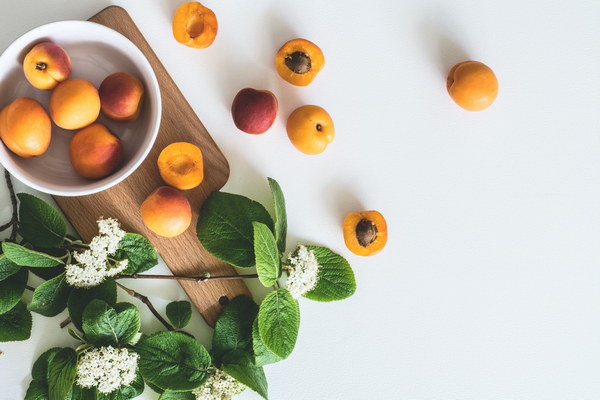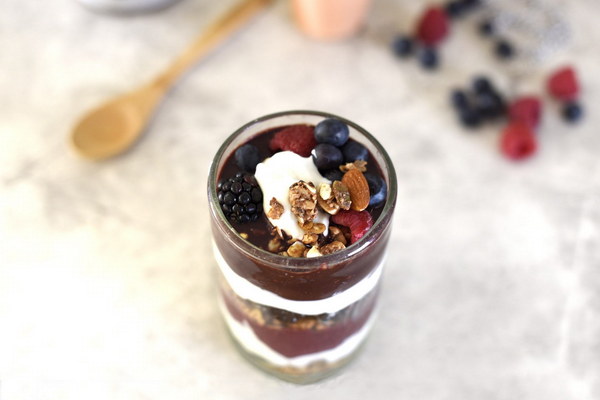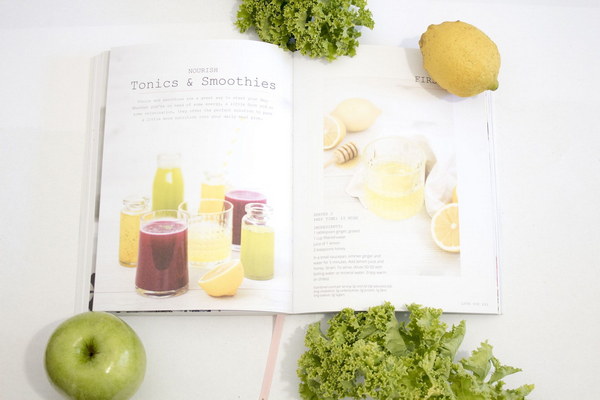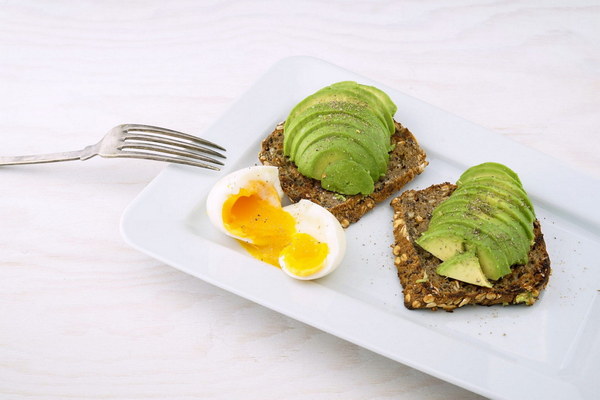Unblocking the Veins The Health Tea Solution for Thrombosis
In the fast-paced world we live in, where stress and unhealthy eating habits are the norm, thrombosis, or blood clot formation, has become an increasingly common health concern. But what if there was a natural solution to this problem? Enter the health tea, a traditional beverage that has been used for centuries to promote overall well-being and, according to some, to prevent and even dissolve blood clots. But is this claim true? Let's explore the effectiveness of health tea in combating thrombosis.
Health teas, also known as herbal teas, are made from a variety of plants and herbs that are believed to offer numerous health benefits. They are often rich in antioxidants, vitamins, and minerals that can help improve our body's functions. When it comes to thrombosis, the key concern is whether these herbs can prevent blood clots from forming or break down existing ones.
One of the most popular herbs used in health teas is ginger. Gingerol, the active compound in ginger, has been found to have anticoagulant properties. This means it can prevent blood from clotting excessively, which is a primary cause of thrombosis. Furthermore, ginger has anti-inflammatory effects, which can help reduce the risk of blood vessel damage that can lead to clot formation.

Another herb that is often praised for its thrombosis-fighting properties is hawthorn. Hawthorn contains compounds that can improve blood flow by dilating blood vessels. This not only reduces the risk of blood clots but also helps in the prevention of heart disease, which is often linked to thrombosis.
Green tea is another health tea that has gained attention for its thrombosis-fighting potential. It is rich in flavonoids, particularly epigallocatechin gallate (EGCG), which has been shown to have anticoagulant effects. Studies have indicated that green tea can reduce the risk of thrombosis by preventing platelet aggregation and improving blood vessel health.
While these herbs offer promising benefits, it is important to note that the effectiveness of health tea in treating thrombosis varies from person to person. Some individuals may experience significant improvements, while others may see minimal or no effects. It is also essential to consult with a healthcare professional before starting any new treatment, especially if you have pre-existing medical conditions or are taking blood-thinning medications.
Moreover, it is important to understand that health tea should not be considered a substitute for conventional thrombosis treatments. In cases of severe thrombosis, medical intervention such as medication or surgery may be necessary. However, incorporating health tea into your daily routine can be a complementary approach to help manage and prevent thrombosis.
In conclusion, health tea has shown promise in the prevention and management of thrombosis. Herbs like ginger, hawthorn, and green tea offer potential benefits due to their anticoagulant, anti-inflammatory, and blood-vessel-dilating properties. While more research is needed to fully understand the effectiveness of health tea in treating thrombosis, incorporating these teas into a balanced lifestyle can be a positive step towards better health.
Remember, the key to maintaining good health is not solely reliant on a single solution but rather a combination of healthy habits, including a balanced diet, regular exercise, and stress management. So, while health tea may offer benefits in the fight against thrombosis, it is essential to maintain a holistic approach to your well-being.









